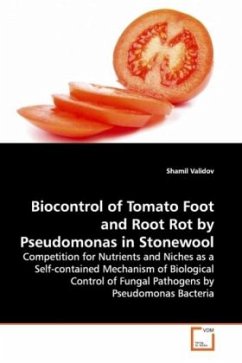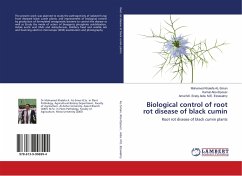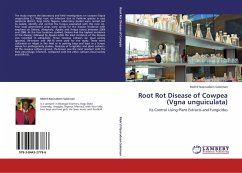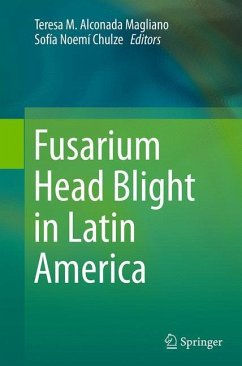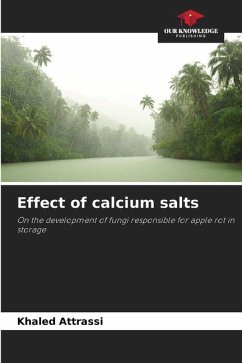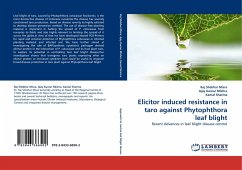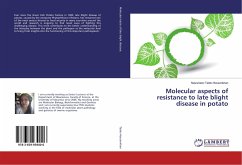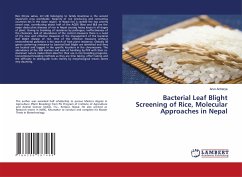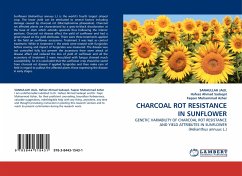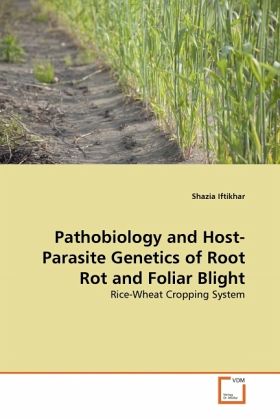
Pathobiology and Host-Parasite Genetics of Root Rot and Foliar Blight
Rice-Wheat Cropping System
Versandkostenfrei!
Versandfertig in 6-10 Tagen
52,99 €
inkl. MwSt.

PAYBACK Punkte
26 °P sammeln!
Rice-wheat cropping system in Pakistan covers almost 2 million hectares and pre-dominantly spreads across districts of Gujranwala, Sialkot, Norowal and Shiekhupura in Punjab. The present study was taken up as a start of a long-term study of fungal pathogens in rice-wheat cropping system in Pakistan in order to understand the biology of these, so that the knowledge so gained could be used to develop a strong disease management based largely on the host resistance. The study concentrated on root rot and foliar blight and associated fungi that were common to rice and wheat primarily. It has provi...
Rice-wheat cropping system in Pakistan covers almost 2 million hectares and pre-dominantly spreads across districts of Gujranwala, Sialkot, Norowal and Shiekhupura in Punjab. The present study was taken up as a start of a long-term study of fungal pathogens in rice-wheat cropping system in Pakistan in order to understand the biology of these, so that the knowledge so gained could be used to develop a strong disease management based largely on the host resistance. The study concentrated on root rot and foliar blight and associated fungi that were common to rice and wheat primarily. It has provided basic information on the prevalence and incidence of these diseases in the main four districts of rice-wheat areas of Punjab namely Gujranwala, Sheikhupura, Narowal and Sialkot. Fungi from root, foliage and soil in both wheat and rice crop were isolated and identified and their aggressiveness studied using pathogenicity analysis. Isolates of these fungi were genetically characterized using RAPD's. The investigations were based on two surveys of wheat one in 1999 and other in 2000 done at the booting and heading stage of the crop covering 21 and 20 key locations of the area, respectively.



